A sense of great urgency could be felt when exploring the ideas and solutions presented in last year’s edition of Prototypes for Humanity. Students and researchers from around the world increasingly see impact innovation as a necessity for the here and now. More than anything, these are prototypes for the present. Universities across multiple disciplines continue to establish themselves as powerful, connected incubators of ideas that bring communities, expertise and experience together into a complex ecosystem. Here, the next generation of innovators are the undisputed protagonists. Prototypes for Humanity celebrates their creativity and offers them a platform to come together in a productive exchange, which has the power to change the world.

A machine for recycling waste plastics into 3D printer filament

Middle East Technical University
Smart helium-filled balloon for early forest fire detection

University of the Witwatersrand
Registering African ginger as a complementary medicine for allergies
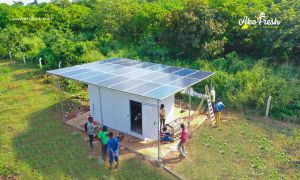
Kwame Nkrumah University of Science and Technology
Solar powered cold storage solution reducing post-harvest loss

Case Western Reserve University
Plant-based therapeutics for vaccine production and drug development

The Nelson Mandela African Institution of Science and Technology
GPS-based animal monitoring system

Self-supporting textile that can be bent to create cushions and seatings
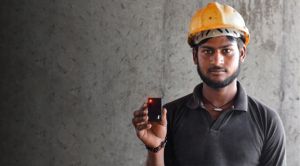
National Institute of Design, India
Wearable fall detection system for at-risk construction workers

High-performance environmentally friendly bamboo based construction material

Londrina State University (UEL)
Germinated bean flour cookies for better health

Université PSL (Paris Sciences & Lettres)
Aerodynamic, fuel-saving bow attachment for container ships
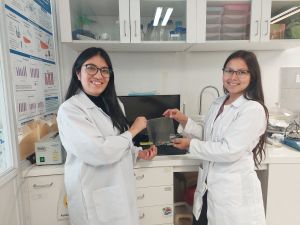
Pontificia Universidad Católica de Chile
Biodegradable and compostable packaging for storing fresh food

Iran University of Science and Technology
Patented cancer cell detection system
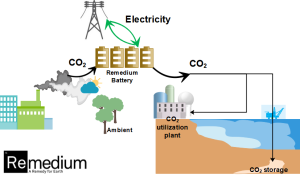
Solution to generate energy whilst capturing carbon

The Hong Kong Polytechnic University School of Design
AI-driven device providing purchasing advice to the elderly

Muthesius University of Fine Arts and Design
Steam cooking appliance that stores energy for later use

King Abdullah University of Science and Technology (KAUST)
Innovation for saving coral reefs

Tools for the visually impaired
Dubai Institute of Design and Innovation (DIDI)
Ed-tech device that enhances learning experience for low-vision learners
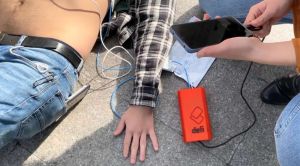
Technion – Israel Institute of Technology
Cost-effective portable alternative to the traditional defibrillator

A mobile app that improves access to healthcare in vulnerable communities
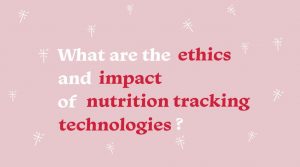
Eindhoven University of Technology (TU/e)
Reconsidering nutrition for women in cardiac rehabilitation through feminist design practices
How can we make farming practices more sustainable? How can we give food waste a new purpose? Solutions in this section aim to reimagine and improve our relationship with food across its full lifecycle, from production to storage and reusing
How can we use digital technology to improve access to healthcare? How can we better support the recovery of patients and survivors? Solutions in this section aim to offer new products and services that make carers more effective and patients more self sufficient
How do we regenerate fragile ecosystems? How do we handle large quantities of waste efficiently? Solutions in this section aim to promote circular principles that can generate economic impact whilst supporting a more balanced relationship with nature
How can we better ready ourselves for emergencies and extreme climate events? How can we prevent disasters from spreading? Solutions in this section aim to present practical, affordable technologies deployable across sectors, from mobility to fire rescue and flooding response
How do we make our energy infrastructure more resilient? How can we become more energy self-sufficient? Solutions in this section aim to raise our consciousness about polluting sources and improve our capacity to use renewables
How can we create better opportunities for those in need? How can technology support self confidence? Solutions in this section aim to empower individuals living with disability or those in underprivileged positions through accessible technology
How can every voice be heard in unequal societies? How can technology improve access to basic services? Solutions in this section aim to support vulnerable groups with tools to increase their sense of belonging and allow them to take a more active role in society
How can we use data to make more conscious decisions? How can technology improve learning outcomes? Solutions in this section aim to create opportunities to generate new knowledge and to make it accessible in a more equitable way